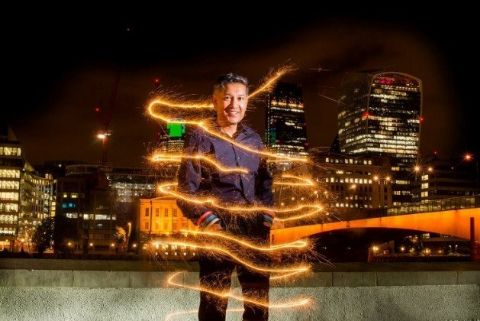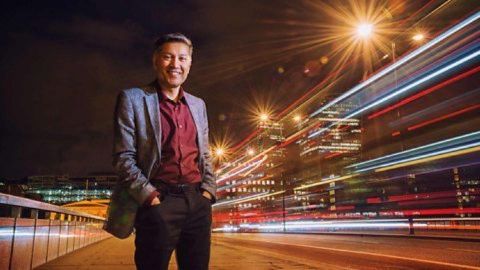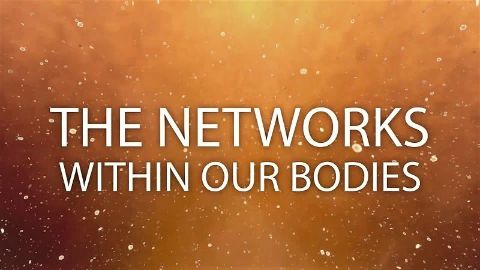People Power • 2016 • episode "S1E2" • Supercharged: Fuelling the Future
Saiful investigates how humans as living pulsing machines actually use energy, asking whether it's possible to 'supercharge' the human body and increase its performance. Live experiments explore everything from the explosive potential of everyday foods, to what we put into our bodies (and what comes out!), as well as how we measure up to the machines we use every day. Saiful even experiments on himself, showing images captured inside his own stomach. Every single one of us is an incredibly sophisticated energy conversion machine, finely tuned over millions of years of evolution. So will we ever be able to improve the human body's performance? Can we ever do more with less energy?
Make a donation
Buy a brother a hot coffee? Or a cold beer?
Hope you're finding these documentaries fascinating and eye-opening. It's just me, working hard behind the scenes to bring you this enriching content.
Running and maintaining a website like this takes time and resources. That's why I'm reaching out to you. If you appreciate what I do and would like to support my efforts, would you consider "buying me a coffee"?
Donation addresses
BTC: bc1q8ldskxh4x9qnddhcrgcun8rtvddeldm2a07r2v
ETH: 0x5CCAAA1afc5c5D814129d99277dDb5A979672116
With your donation through , you can show your appreciation and help me keep this project going. Every contribution, no matter how small, makes a significant impact. It goes directly towards covering server costs.








